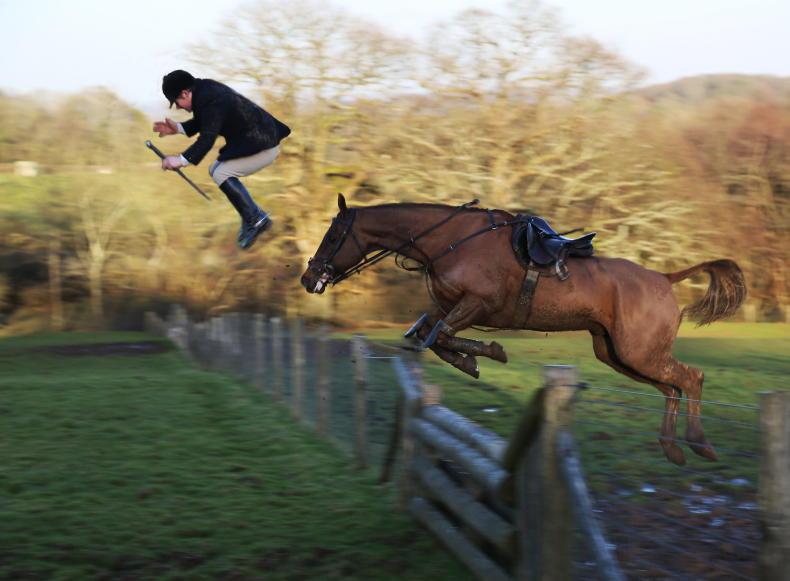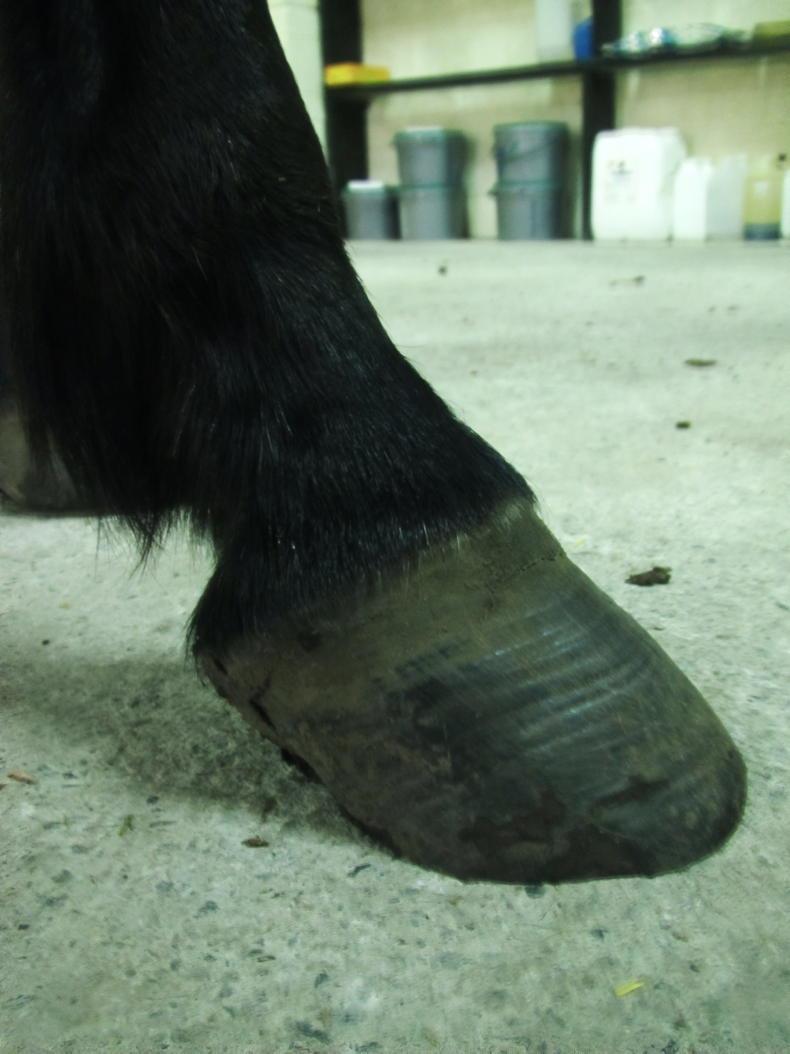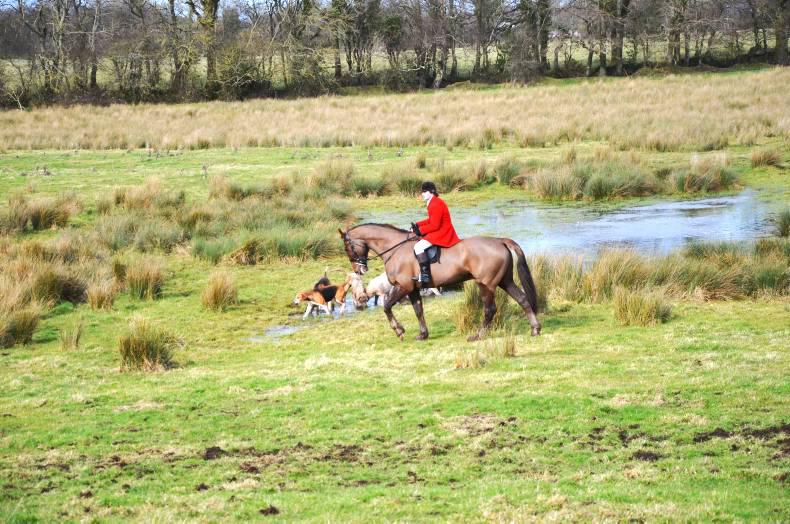HEDGES, ditches, gates and walls – there’s no end to the thrills offered up on a fine day’s hunting. The gauntlets of the sport are yours to select, but it’s good to remember you can also just go around! Across equestrian sport disciplines the use of proper safety gear has been drilled into riders. So how can those out hunting ensure tradition doesn’t trump safety?
Headgear: While not traditional, most hunts these days encourage the use of approved headgear. Make sure you have not only an approved helmet, but one that is of the highest safety standards is important. It should fit snugly, and comfortably.
Gloves: These are up to rider preference for most hunts, but all-weather grip is important in the approach to a mighty stone wall or a stretched ditch.
Safety vests: There are body protectors with ventilation so you don’t overheat when hunting in warmer weather. Air vests that just zip into a jacket (or hunt coat) are a great innovation, much loved by professional equestrian sportspeople the world over.
Horse Gear: If you are using road studs (or any type), be sure to use leg protection suitable for the conditions. Eventing boots are helpful as they don’t hold water or mud and won’t pick up burrs when crossing uncleared ground.
They also offer excellent strike protection. Knee boots protect over walls. Do remember however, boots will be on your horse for a lot longer over a hunting day than they would be during a cross-country round, so the risks of rubbing and overheating are increased.
If you aren’t sure about your brakes, err on the side of caution or take a stronger bit/martingale in the lorry with you. Rubber or non-slip reins are advised in case they get wet.
Apply the right signals; if your horse kicks add a red ribbon to his tail and stay to the back, if he is young, it’s a green ribbon. It’s adviseable to keep your horse’s head towards the hounds as opposed to his hind end, kicking a hound isn’t appreciated!
Fitness can also be seen as a safety tool, your horse needs to be fit enough to canter up a hill without collapsing and it’s important to remeber you can go home whenever you like, don’t feel compelled to stay out for hours if you and your horse are tired.
In 1932, Lady Diana Shedden and Lady Apsley published the famous book, To Whom the Goddess, a book on hunting and riding for women. Within its 288 pages are a set of safety tips and advice which have stood the test of time:
1. Judgement. This is most important. Knowing what to do, where to go, and what is going on; being able to quickly make up your mind, weigh the pros and cons, and “go for it” without loss of time in a hunt.
2. Coolness. It is no use getting excited or flustered out hunting. You upset your horse as well as other people, so that everything goes wrong. If you hear people being badly cross, it is likely they are merely frightened: people who are frightened of their horses, or the country, or of imaginary mishaps seem to react by getting angry with something or somebody else!
3. Nerve. Nerve is generally thought to be a gift of the gods. It is difficult to say. There are undoubtedly people born without nerves who are afraid of nothing and do not know what fear is. They are lucky, but somehow people without imagination of any kind lose a great deal of the adventures in living.


 This is a subscriber-only article
This is a subscriber-only article
 It looks like you're browsing in private mode
It looks like you're browsing in private mode










SHARING OPTIONS: